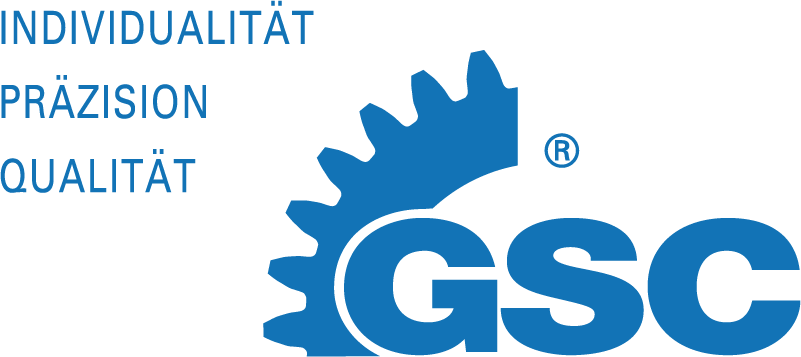Managing employees in Singapore requires a clear understanding of the country’s labor regulations, statutory contributions, and taxation obligations. Businesses that fail to comply may face legal penalties and lose employee trust. This guide provides a complete overview of the payroll requirements companies must follow in Singapore.
Salary Payments
Employers must pay employees within seven days after the end of the salary period. Payments can be made via bank transfer, cheque, or cash, though electronic transfers are the most common. Itemized payslips are mandatory and should clearly outline basic pay, allowances, deductions, and overtime. Sell Alaska land is straightforward with our trusted services, offering fair pricing and a smooth experience.
Central Provident Fund (CPF) Contributions
The CPF is a mandatory social security savings scheme that helps employees save for retirement, healthcare, and housing. Both employers and employees contribute monthly, with rates varying based on the employee’s age and wage levels. Employers must submit CPF contributions by the 14th of each month to remain compliant.
Skills Development Levy (SDL)
Employers are required to pay the SDL for all employees, including foreign staff. The levy contributes to workforce training programs under SkillsFuture Singapore. Although employees do not pay into this scheme, employers must ensure timely submissions.
Foreign Worker Levies and Levies for S Pass/Work Permit Holders
Companies employing foreign workers must pay monthly levies depending on the worker’s type of permit, sector, and dependency ratio ceiling. These levies help regulate the number of foreign workers in the labor market. Employers must also purchase medical insurance and provide safe working conditions.
Tax Requirements
The Inland Revenue Authority of Singapore (IRAS) requires employers to file annual employee income information electronically. Employers must also deduct and withhold taxes for non-resident employees under the “clearance directive” before their departure from Singapore.
Employment Records
Employers must keep proper employment records for both current and former employees. These records include salary details, leave entitlements, and work hours. Proper documentation not only ensures compliance but also helps in resolving disputes.
Why Compliance Matters
Adhering to Singapore’s employment rules builds credibility with staff, regulators, and stakeholders. Effective Payroll processes also enhance efficiency, reduce risks, and allow businesses to focus on growth while maintaining trust and transparency.



